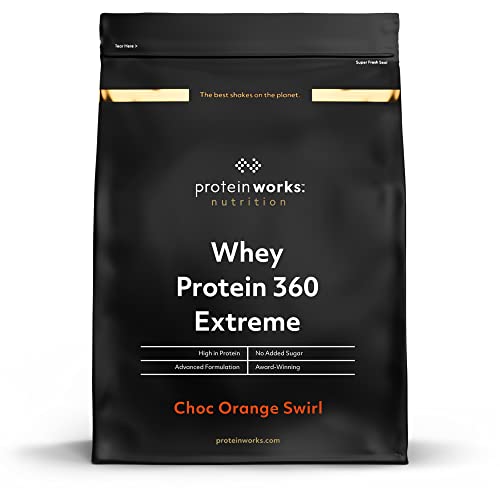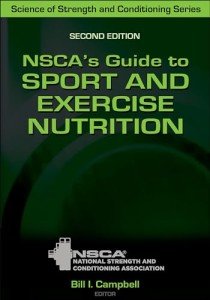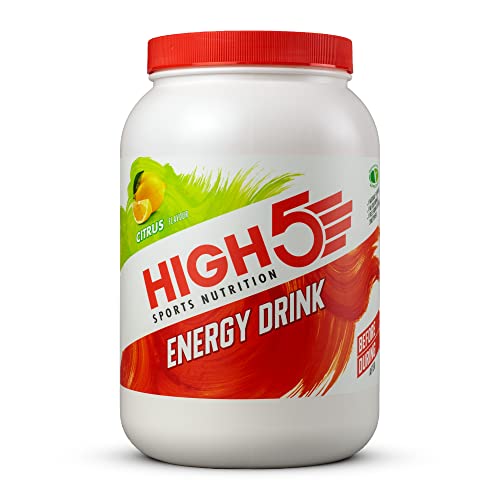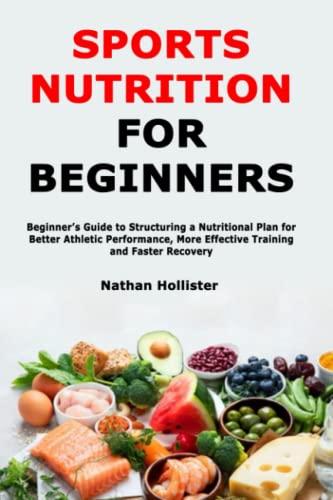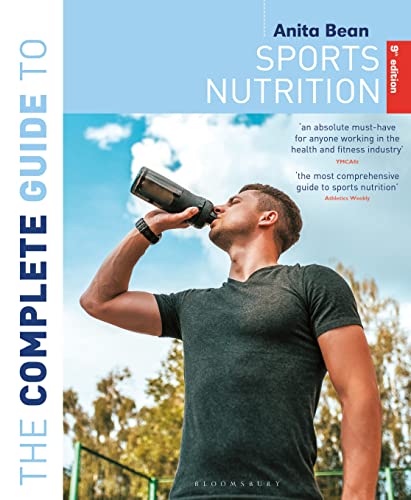Optimizing Performance: Protein's Key Role in Fitness Journey
When it comes to achieving peak fitness performance, protein stands as a fundamental nutrient that holds the key to success. From building and repairing muscles to supporting overall recovery, protein plays a crucial role in enhancing strength, endurance, and overall athletic performance. This article will delve into the significance of protein in fitness, shedding light on the benefits, recommended intake, and the best sources of protein for fitness enthusiasts.
Why Protein Matters for Fitness:
Protein serves as the building block for muscles, tendons, ligaments, and other body tissues. Engaging in regular physical activity places stress on these tissues, leading to microscopic damage and the subsequent need for repair and growth. Adequate protein intake aids in muscle protein synthesis, wherein damaged muscle fibers are repaired and rebuilt stronger, thereby supporting muscle growth and strength gains.
Protein Works 360 Extreme Whey Protein - Choc Orange
Protein Works 360 Extreme Whey Protein in Choc Orange flavor for maximum muscle growth and workout recovery
Product information
$40.36
Product Review Score
4.14 out of 5 stars
85 reviewsProduct links
Enhanced Muscle Growth and Recovery:
Protein consumption after workouts is essential for promoting muscle recovery and growth. It provides the necessary amino acids that stimulate muscle protein synthesis, ensuring that your muscles have the building blocks required to repair and grow. Consuming protein-rich meals or supplements within 30 to 60 minutes post-exercise can maximize these benefits.
Increased Strength and Performance:
To optimize your performance in the gym or during physical activities, protein intake is vital. Protein helps improve muscle strength, power, and endurance. It aids in the synthesis of contractile proteins within muscle fibers, leading to increased force production and overall performance.
Fat Loss and Weight Management:

Protein plays an important role in weight management and fat loss. It has a high thermic effect, meaning the body expends more energy digesting and metabolizing protein compared to carbohydrates or fats. This increased energy expenditure contributes to higher calorie burning, making protein an excellent aid in maintaining a healthy weight and promoting fat loss.
Recommended Protein Intake for Fitness Enthusiasts:
The protein needs for individuals engaged in regular exercise or intense training are higher than those with a sedentary lifestyle. The general guideline for protein intake is about 0.8 grams per kilogram of body weight for sedentary individuals. However, fitness enthusiasts are recommended to consume between 1.2 to 2.2 grams of protein per kilogram of body weight per day, depending on their training goals, intensity, and type of exercise.
Best Sources of Protein for Fitness:
Lean Meats: Chicken breast, turkey, lean beef, and pork are excellent sources of high-quality protein.
Fish and Seafood: Salmon, tuna, cod, and shrimp are rich in protein and also provide essential omega-3 fatty acids.
Dairy Products: Greek yogurt, cottage cheese, and low-fat milk are protein-packed options.
Eggs: Whole eggs are an inexpensive and versatile protein source.
Plant-based Proteins: Legumes, soy products, quinoa, tofu, and tempeh offer protein options for vegetarians and vegans.
Conclusion:
Protein is a vital nutrient for fitness enthusiasts aiming to optimize their performance, build lean muscle, and support overall recovery. Adequate protein intake aids in muscle growth, repair, and strength gains. Incorporating protein-rich foods into your diet can help enhance athletic performance, promote weight management, and improve overall fitness. Remember to consult a healthcare professional or a registered dietitian to determine the appropriate protein intake tailored to your specific fitness goals and needs.



